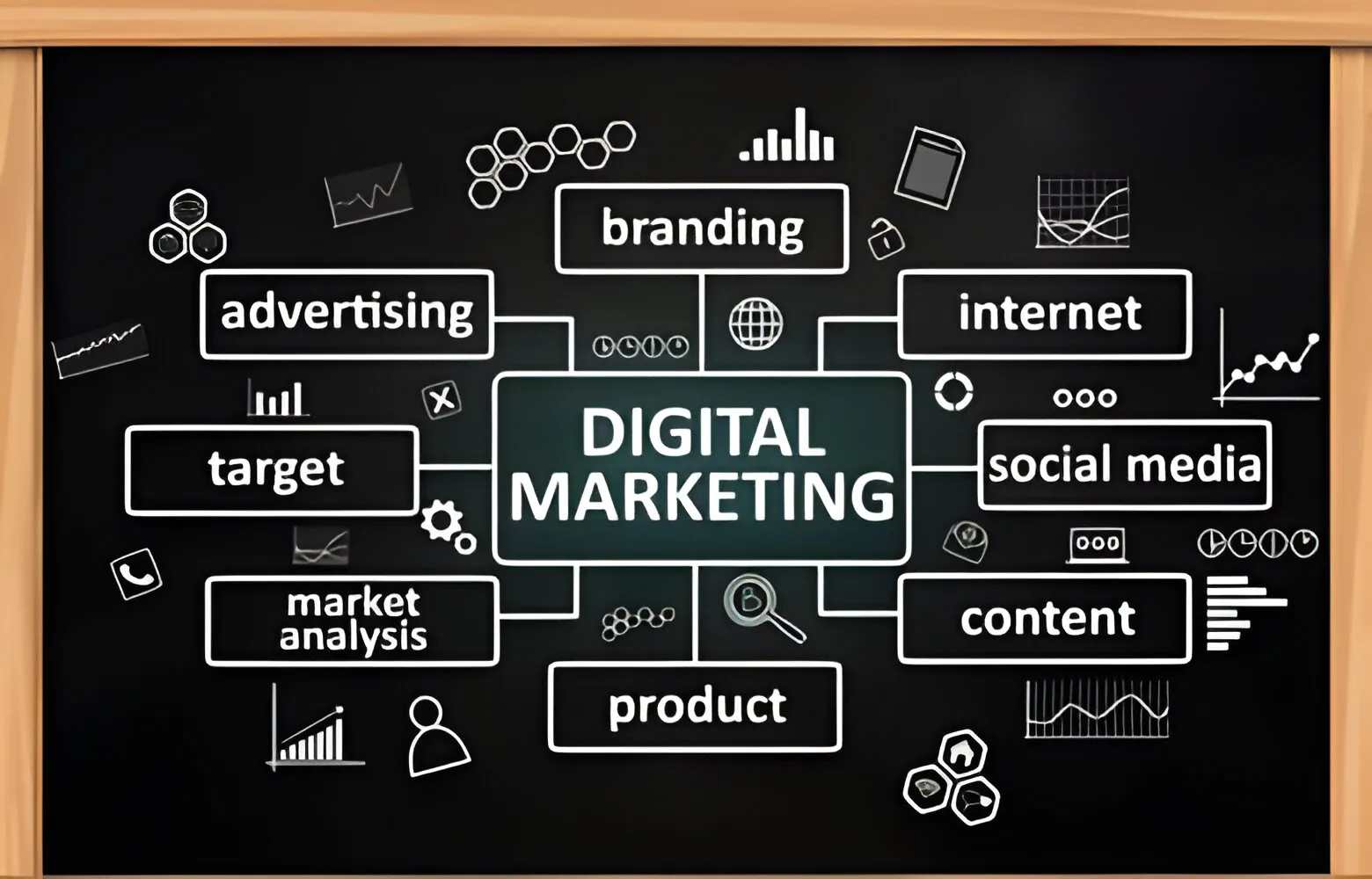What is the purpose of pay-per-click (PPC) advertising?

Pay-Per-Click advertising is a kind of online advertising in which marketers get charged a certain amount each time one of their adverts is clicked. In order to increase traffic to their website or online content, companies may place advertisements on search engine results pages (SERPs) & other websites.
The key aspects of PPC advertising include:
Bidding on keywords: Advertisers bid on specific keywords or phrases they want their ads to appear for when users search.
Ad placement: Ads are displayed based on the advertiser's bid, ad quality, and other factors the advertising platform determines.
PPC model: Advertisers only pay when a user clicks on their ad rather than paying for impressions or views.
Measurable results: PPC provides detailed data and analytics on ad performance, allowing advertisers to optimize their campaigns.
PPC effectively allows businesses to reach potential customers actively searching for relevant products or services. When done right, it can drive high-intent traffic and measurable results.
The Main Goals of PPC Advertising
Understanding these goals can help marketers develop effective PPC campaigns and measure success.
Increase Brand Awareness: PPC ads can help businesses increase their visibility and reach new audiences, even if those users wait to convert immediately. Businesses can build brand recognition and familiarity by appearing in prominent positions on search engine results pages or relevant websites.
Generate Leads and Sales: The ultimate goal for many businesses is to use PPC to drive conversions, whether sales, sign-ups, or other desired actions. By targeting customers actively searching for relevant products or services, PPC can effectively capture qualified leads and drive revenue.
Gather Data and Insights: PPC campaigns provide valuable data & insights that can inform other marketing efforts. Businesses can use the data from their PPC campaigns to understand customer behavior, refine their targeting, and optimize their marketing strategies across multiple channels.
Support Other Marketing Initiatives: PPC can complement & support other marketing initiatives, such as content marketing, social media, or email campaigns. By driving traffic to specific landing pages or content offers, PPC can help businesses nurture leads and guide them through the sales funnel.
Outperform Competitors: PPC advertising has the potential to provide companies a strategic edge. Through competitive ad placement and bidding on pertinent keywords, firms may outbid rivals for a greater portion of the market.
Driving Targeted Traffic to Your Website
As a website owner, driving targeted traffic to your site is crucial for success. Targeted traffic refers to visitors genuinely interested in your products, services, or content and are more likely to convert into leads or customers.
Search Engine Optimization (SEO): To increase your website's exposure & position on search engine results pages, optimize its content, architecture, and technological components. This involves researching keywords, producing material of the highest caliber, and using both on-page and off-page SEO strategies.
Paid Advertising: Leverage platforms like Google Ads, Reddit Ads, or Reddit Ads to reach your target customers through targeted advertising campaigns. Carefully research your target demographics, craft compelling ad copy, and monitor & optimize your campaigns for better results.
Social Media Marketing: Maintain an online presence on proper social media platforms, such as Facebook, Twitter, or Reddit, and engage with your target audience by sharing valuable content, interacting with followers, and leveraging influencer marketing.
Content Marketing: Develop and distribute high-quality, informative content that addresses your target audience's pain points and interests. This can include blog posts, videos, infographics, or industry-specific resources that position your brand as a thought leader.
Referral and Influencer Partnerships: Collaborate with relevant industry influencers, complementary businesses, or satisfied customers to leverage their existing customers & drive referral traffic to your site.
Increasing Brand Awareness & Visibility
Establishing a strong brand visit is crucial for businesses looking to stand out in today's competitory landscape. Companies can effectively reach their target customers & foster meaningful connections by building brand awareness and visibility.
One key aspect of increasing brand awareness is consistent messaging across all touchpoints. This includes maintaining a cohesive visual identity, crafting compelling content, and ensuring a seamless brand experience. Leveraging various marketing system, both online & offline, can help amplify your brand's reach and recognition.
Generating Measurable, Actionable Data
Data is now a crucial part of every modern company plan. Organizations want access to dependable, usable data that may offer insightful information in order to make wise decisions. By producing quantifiable data, businesses can monitor key performance indicators, spot patterns, & make data-driven decisions to enhance their operations and results.
Ensuring that the information gathered and analyzed can be quantified and utilized to motivate concrete actions is essential. Metrics that give specific data points that can be tracked, compared, and improved over time include website traffic, conversion rates, customer satisfaction ratings, and sales numbers.
Clear procedures for gathering and analyzing data may help firms advantage a deeper understanding of their markets, clientele, and overall performance. Then, by utilizing this information, marketing efforts, product offers, customer experiences, and company outcomes can all be improved.










